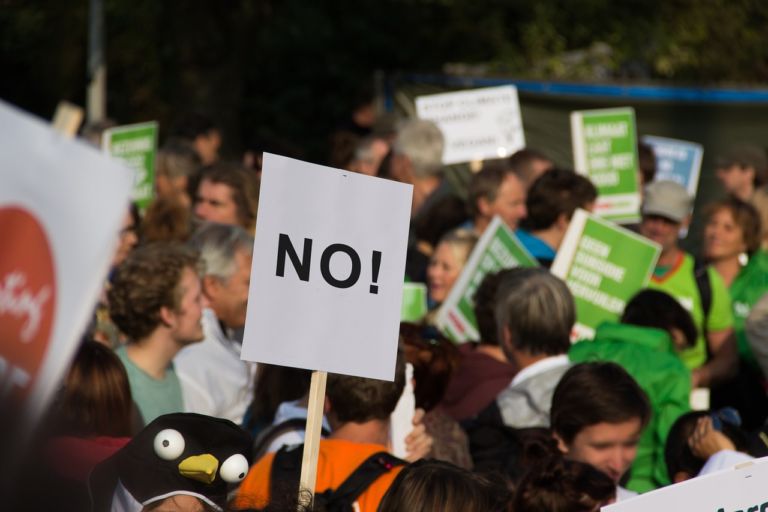Ben Cohen writes for the Martin Center about the political attitudes common among today’s youngest adults.
The post-millennials have arrived. As the oldest millennials turn 37, demographers have designated a new generation for those born after 1996, Generation Z. The oldest members of this cohort just graduated from college and had their first (legal) alcoholic beverages. As they wind their way through college, post-millennials will change higher education, just as previous generations did.
Generation Z is racially diverse, increasingly secular, and very much online. Non-Hispanic whites make up just over half of this cohort, compared with 72 percent of Baby Boomers. In religious terms, 13 percent of Generation Z identifies as atheist, compared with only 7 percent of millennials. And according to a 2015 Pew report, 92 percent of teens access the internet daily and 73 percent have access to a smartphone.
Born in 1997 or later, Generation Z was too young to form a coherent memory of the September 11th terror attacks. They have no memory of a pre-9/11 world or a time when the U.S. didn’t have a military presence in Afghanistan. Many are too young to remember a time before smartphones. Apple released the iPhone in 2007, and by 2012, more than half of all Americans owned a smartphone.
The members of this generation have different problems: they’re less prone to criminality and substance abuse but more susceptible to depression and suicide. And one thing that has especially emerged as a defining characteristic—of at least some large portion of them—is their tendency to be intolerant and to wish authority to make others behave as they wish.


